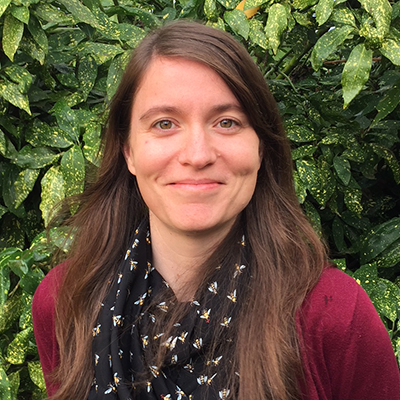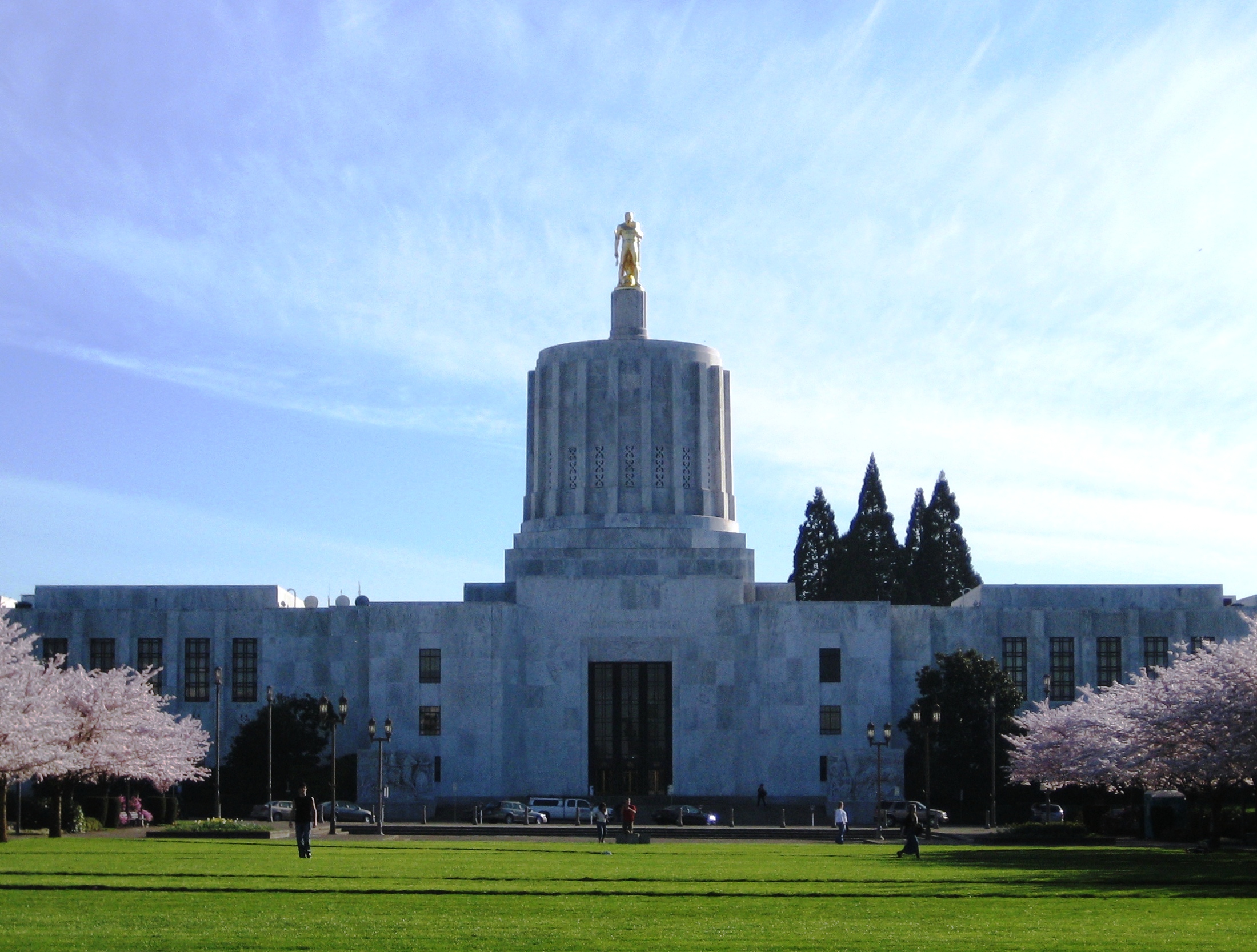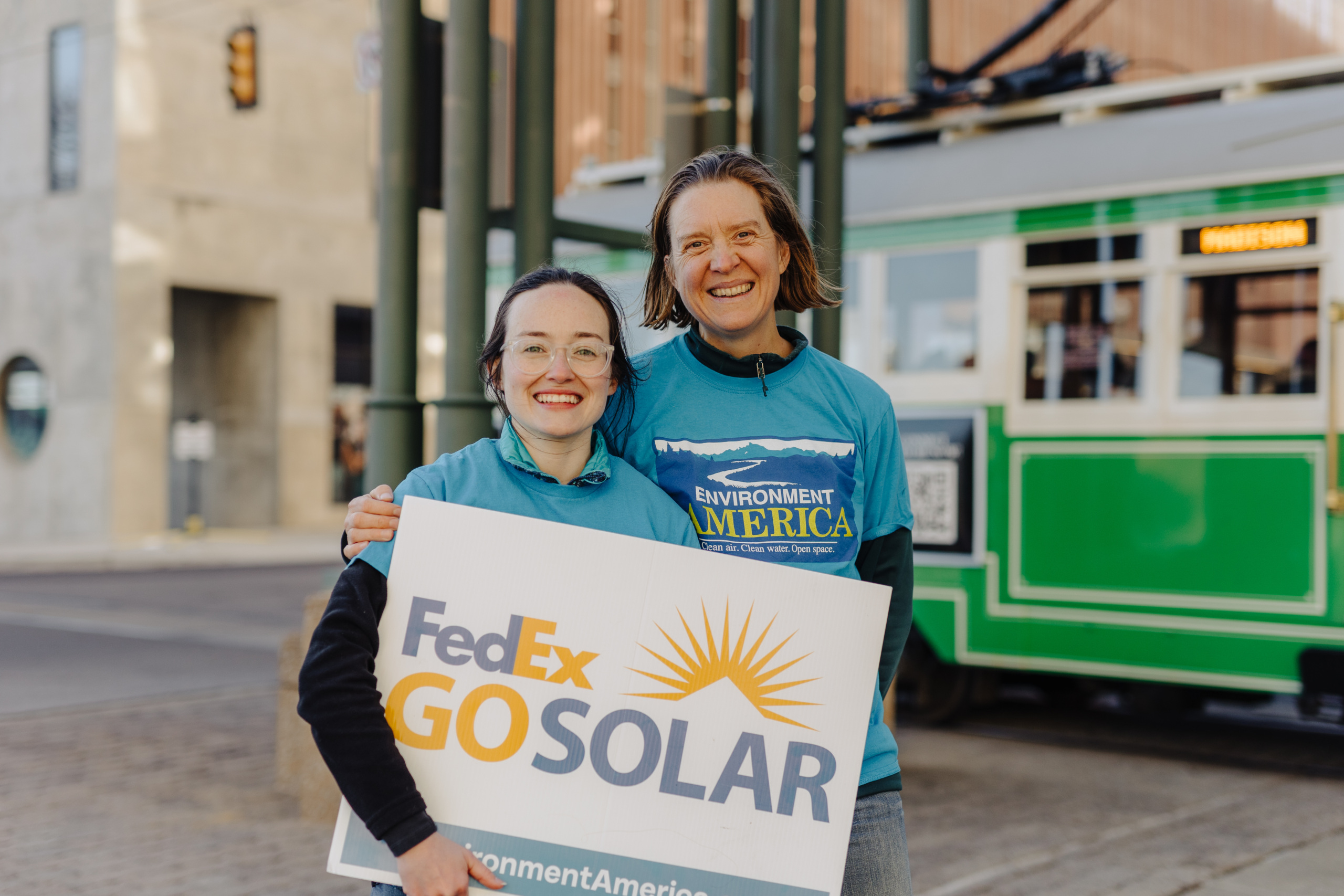
Legislative session recap: the good, the bad and the ugly
The gavel has fallen and the 2019 Oregon legislative session is officially over. I wanted to share with you the good, the bad and the ugly from this year’s session.
The gavel has fallen and the 2019 Oregon legislative session is officially over. I wanted to share with you the good, the bad and the ugly from this year’s session. I’m sure you’ve heard about the ugly, but before I get to that, let’s look at the progress we were able to make.
The Good
Statewide ban on single-use plastic grocery bags. Oregon became the sixth state to pass a ban on single-use plastic grocery bags, and it’s one of the most comprehensive in the country. This will prevent millions of plastic bags from ending up in our waste stream, and ultimately our environment.
No drilling off our coast. There is now a permanent moratorium on nearshore oil and gas drilling and new restrictions that prevent companies that drill in federal waters from bringing their extracted goods onshore in Oregon.
No fracking in Oregon. There is now a five-year moratorium on fracking, an environmentally dangerous process to extract natural gas, in Oregon.
Clean air, clean transportation. Truck owners are now required to replace older diesel engines with newer models by 2025, reducing toxic air pollution. Unfortunately, the new law only applies to trucks in the Portland metro area, but it’s a big step forward.
Stopping federal rollbacks. The Oregon Environmental Protection Act ensures that the federal environmental standards of the Clean Air and Clean Water Acts that were in place and effective as of January 19, 2017, shall remain in effect and be enforceable under state law.
Green Zoning. Oregon legislators passed a bill to promote “green growth” by removing bans on “middle housing” in cities with more than 10,000 people and allows for as many as four homes to be built on parcels currently zoned exclusively for single-family housing.
Solar for all. The legislature established a new rooftop solar rebate program, making solar more affordable and accessible to Oregonians.
The Bad
Bill to ban polystyrene takeout container and cups failed. After passing through the House, this bill came one vote shy of passing in the Senate this session. Unfortunately, despite building a lot of public support, we were unable to overcome opposition from the plastics industry and other special interests. We will bring the issue back up in 2020.
The Ugly
The legislature failed to take action on climate change. House Bill 2020, a proposal to establish a cap and invest program to curb greenhouse gas emissions to the level scientists say is necessary to stave off the worst impacts of climate change, was an important step to ensuring that Oregon is doing our part to solve this global crisis.[1]
Unfortunately, this bill became the epicenter of partisan antics, including a walkout by Senate Republicans, which ultimately ended in the bill’s demise.[2] This is disappointing given that climate change is an urgent and important issue, and a majority of Oregonians supported the proposal. Our kids deserve better. The people of Oregon deserve better.
While I am proud of the progress we were able to make this session, it’s clear we still have a lot of work to do. We know that Oregonians, no matter their political views, want clear air, clean water and a livable planet for their kids. We need to keep working to make sure that we are bringing everyone along with our vision for the future and that our elected leaders prioritize protecting the environment and our quality of life.
Thank you for standing up for the environment and for making your voice heard. We couldn’t have accomplished so much without you.
Onward.
[1] House Bill 2020, Oregon Legislature, June 2019
[2] Turkewitz, Julie. “Oregon Climate Walkout Left Republicans in Hiding, Statehouse in Disarray,” New York Times, June 28, 2019.
Topics
Authors
Celeste Meiffren-Swango
State Director, Environment Oregon
As director of Environment Oregon, Celeste develops and runs campaigns to win real results for Oregon's environment. She has worked on issues ranging from preventing plastic pollution, stopping global warming, defending clean water, and protecting our beautiful places. Celeste's organizing has helped to reduce kids' exposure to lead in drinking water at childcare facilities in Oregon, encourage transportation electrification, ban single-use plastic grocery bags, defend our bedrock environmental laws and more. She is also the author of the children's book, Myrtle the Turtle, empowering kids to prevent plastic pollution. Celeste lives in Portland, Ore., with her husband and two daughters, where they frequently enjoy the bounty of Oregon's natural beauty.
Find Out More

Bank of America said it would stop financing drilling in the Arctic Refuge. Now it’s backtracking.

The Oregon legislature delivered key wins for the environment

Unlocking America’s rooftop solar potential


